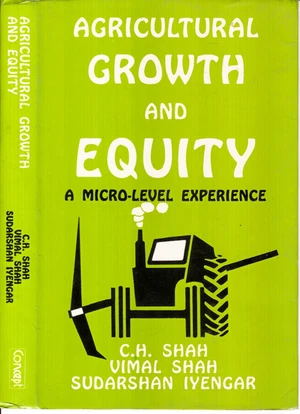In a developing country like India where the bulk of the population lives in rural area, improving water supply, providing adequate sanitation and encouraging safe hygiene practices are intrinsic to community development. They influence, economic âdevelopment, employment, health and numerous other social sectors. The benefits derived from these are spread across many societal concerns. Water is life and sanitation is a way of life. Both are critical for improvement in the quality of life. However, provision of potable water supply and sanitation facilities is not only a technological problem but has deep sociological ramifications and their acceptance by the people involves a number of human factors. The present study seeks to explore the sociological dimensions of these issues in the context of current situation in India with special reference to Bihar. It covers 1300 respondents spread over 130 villages in different parts of the State. The role of social variables like sex, education, caste, religion, region, and exposure to media in respect of water supply and sanitation have been brought out. The socio-cultural constraints in the. adoption of new practices and the views of youth and women on these matters have also been analysed. The role of NGOs and the mobilization for peopleâs participation for improving the existing situation have also been discussed. Towards the end of the study, the agenda for future action in these fields have been set out. The study brings out clearly how neglect of such concerns affect women, children and the weaker section of the community more than others.
Price history
Nov 19, 2022
€22.28

